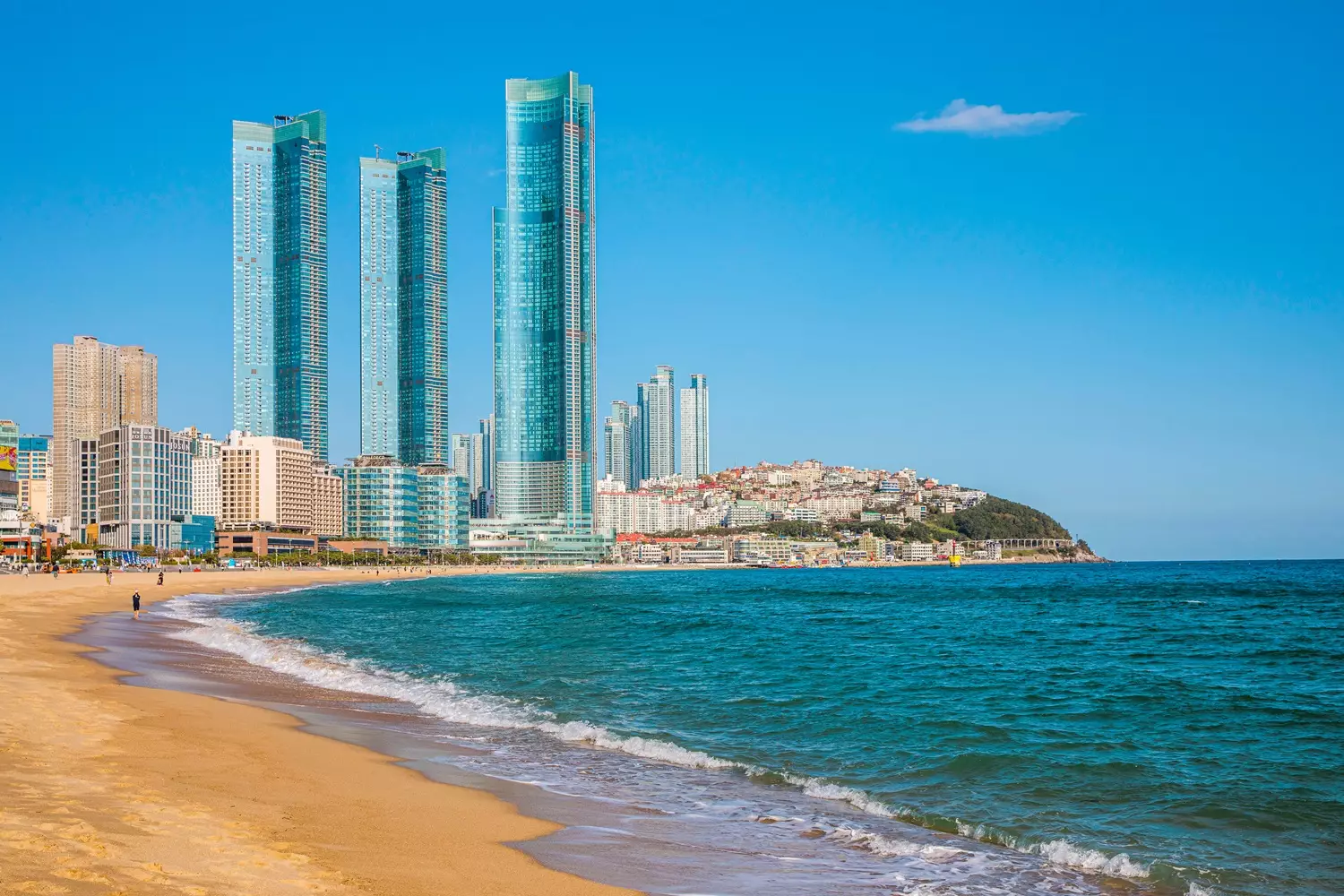The city of Busan in South Korea is nearing the launch of its highly anticipated blockchain-powered digital assets trading platform. The city had set an ambitious goal to become the world’s first city government-run exchange by the end of 2023. While it seems that the initial timeline may not be met, significant progress has been made with the identification of a preferred bidder in an operating tender.
After careful consideration, the city has chosen a consortium of small- and medium-sized firms called the Busan BDX Consortium as its preferred bidder. This consortium consists of 11 companies, including IT firms, financial institutions, and businesses based in Busan. Leading the consortium is ITcen, a specialist in tech infrastructure and IT technology with a market capitalization of approximately $123 million.
The selection of the Busan BDX Consortium was not without its challenges. Gaming giant WeMade, the company behind the WEMIX cryptoasset, was among the competitors. Despite WeMade’s significant market capitalization, the controversy surrounding WEMIX likely played a role in the consortium’s victory. Last year, complaints about irregularities in token circulation data led to the delisting of WEMIX by the nation’s five largest crypto exchanges. While most of these exchanges have since relisted the coin, the incident created divisions within the industry.
One possible reason for the selection of the Busan BDX Consortium is their strong presence in Busan and their understanding of the local industrial ecosystem. The city aimed to collaborate with firms that possess a deeper understanding of the complexities and dynamics of the local market.
To proceed with the platform launch, the Busan City Council will be consulted and asked to vote on the proposal. If approved, the consortium is likely to sign a business agreement with the city in January. The agreement will grant the exchange operator full control of operation and ownership, including investment in exchange facility costs. Meanwhile, the city will provide administrative and financial support to ensure the successful operation of the exchange.
Originally conceived as a crypto and securities token offering (STO) trading platform, the Busan exchange has faced regulatory hurdles. As a result, plans to trade cryptoassets have been put on hold. Despite the government’s pledges to legalize STOs, the lack of progress in this area has frustrated major domestic firms eagerly waiting for regulatory clarity. Instead, the platform will initially focus on the trading of tokenized commodities, such as precious metals. Additionally, it will facilitate the trading of tokenized intellectual property rights and carbon emissions-related tokens and certificates. The city intends to expand the scope of transactions on the platform in the long run.
Considering the delay in entering the market, Busan recognizes the need to offer competitive products to attract users and establish itself as a prominent player. By realizing the potential of blockchain technology and effectively leveraging digital assets, Busan aims to create a platform that stands out in the highly competitive cryptocurrency and blockchain industry.
The launch of Busan’s blockchain-powered digital assets trading platform is a major milestone for the city and the wider blockchain ecosystem. The selection of the Busan BDX Consortium as the preferred bidder brings together a diverse group of companies with expertise in IT, finance, and local business. While regulatory challenges have forced a shift in the platform’s focus, the city remains committed to expanding the scope of transactions in the future. With the support of the Busan City Council and the consortium, Busan is poised to make a significant impact on the blockchain landscape.















